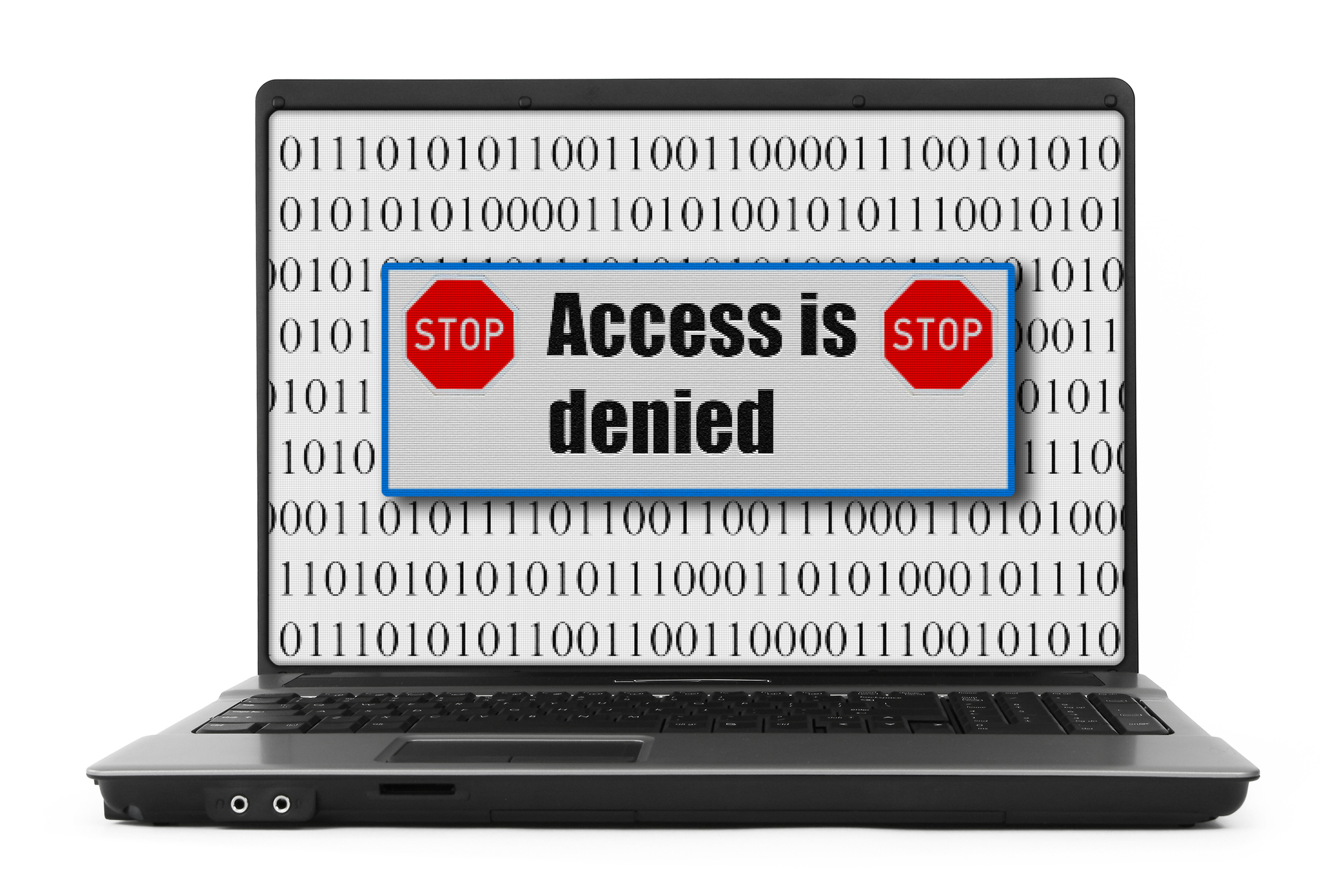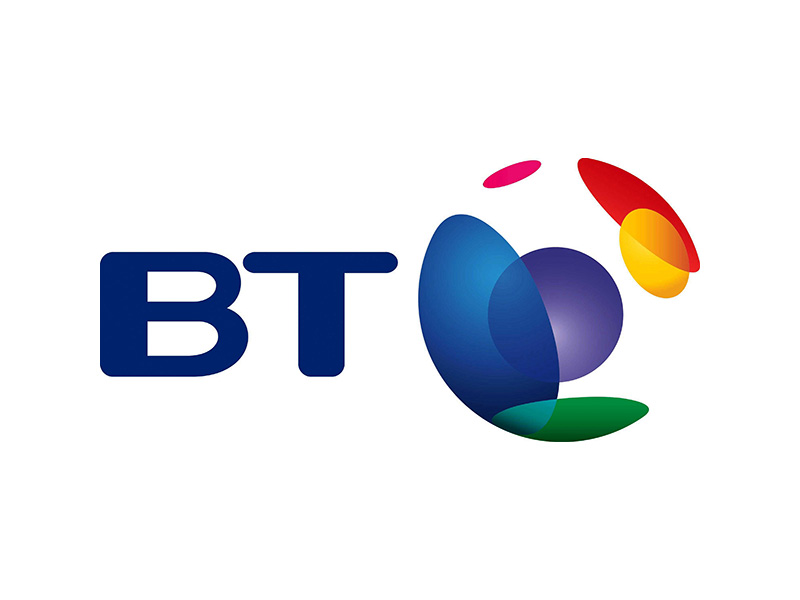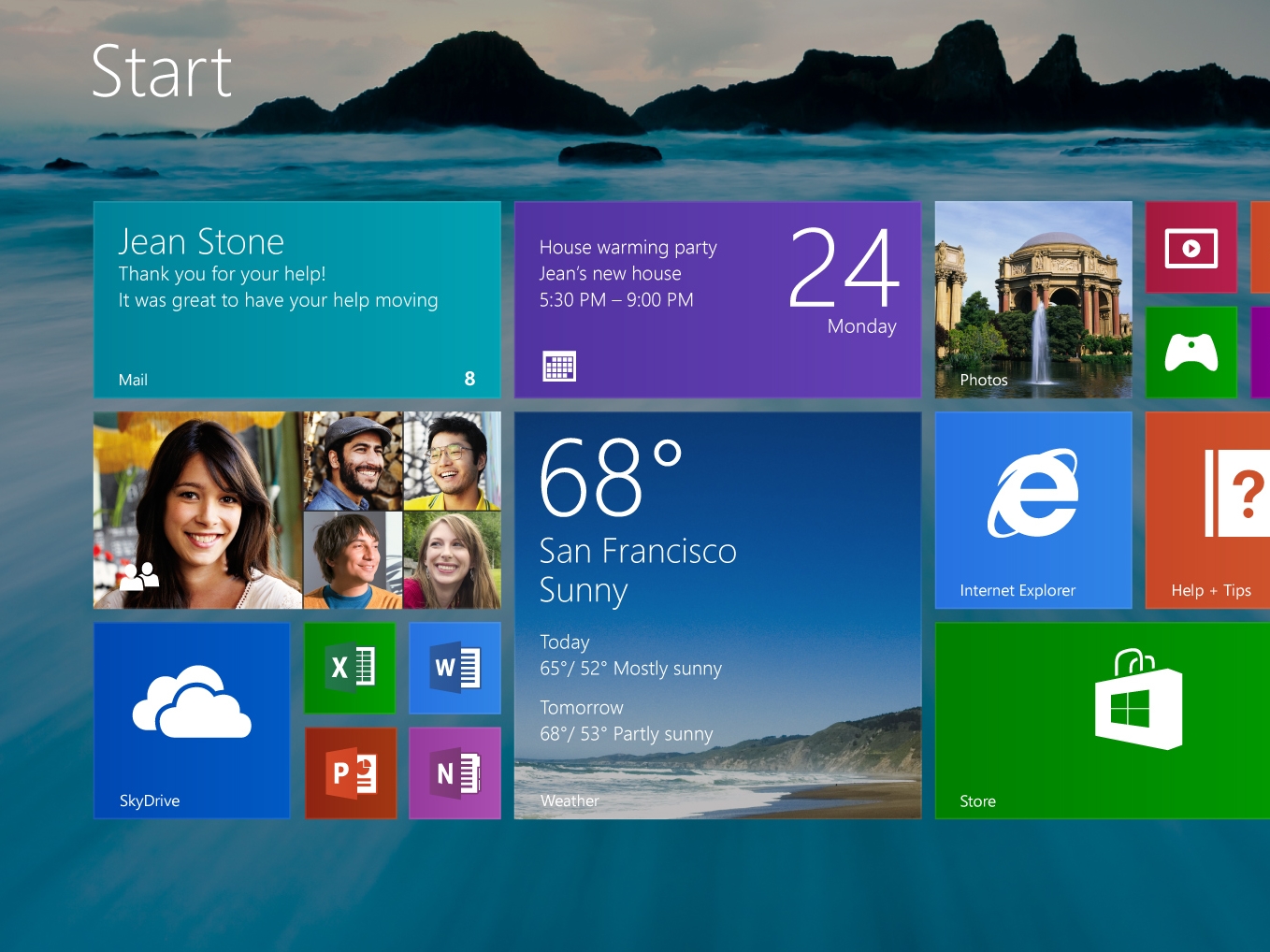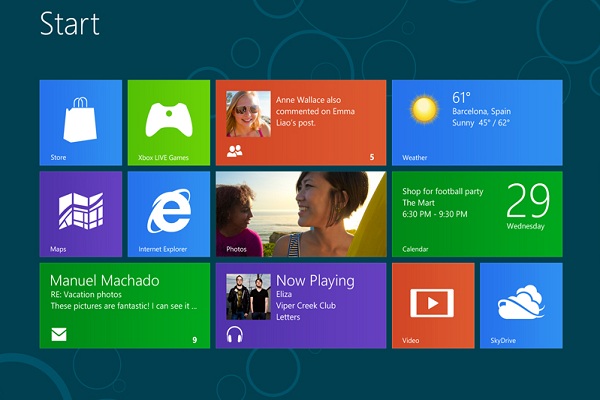Google and ISPs efforts won't stop spread of child abuse images, warns NetClean CEO
ISP blocks can't stop spread of child abuse images through P2P and shadow internet networks.

Efforts to curb the availability of child abuse images online should not be limited to the searchable web, as criminals are increasingly turning to P2P networks and the dark web to distribute content.
This week has seen a series of ISPs and web firms talk up the work they are doing to clamp down on the proliferation of child abuse images on the net.
Google announced plans to invest millions of pounds in this area, while Talk Talk, BT, Sky and Virgin Media committed to collectively invest 1 million over the next four years in tackling the problem.
The bulk of their activities seem to be centred on the eradication, tracking and blocking of child abuse images on the searchable web,
However, concerns have been raised that not enough is being done to clampdown on similar content being shared via P2P and anonymised web networks.
Speaking to IT Pro, Christian Berg, chief executive of NetClean, said criminals are likely to use these alternative networks more to distribute illegal content if it becomes harder to do on the searchable web.
"You cannot solve this problem simply by blocking [http traffic]. It is an important piece of the puzzle, but there are so many ways of sharing this material and http [addresses] are not the preferred [method of distribution]," he explained.
Get the ITPro daily newsletter
Sign up today and you will receive a free copy of our Future Focus 2025 report - the leading guidance on AI, cybersecurity and other IT challenges as per 700+ senior executives
"There's definitely not enough being done to tackle these [hidden networks], and I know there is a will by law enforcers to do more, but resources are tight."
He also said it is easy to tell search engines, social networks and the ISP community they need to do more, but the issue is not quite as straight forward as that.
"People look at Google and the ISPs and say this is a problem of the internet and you're a bit part of the internet, you have to fix it," he explained.
"Obviously, the internet is being used to spread it, but child abuse is really not an internet problem. It's a human one."
A lot of this week's discussions about how to approach the issue have centred on URL blocking, but Berg questioned how effective a tool this is.
"It is usually employed to protect UK citizens from accidentally stumbling on illegal content, rather than track down criminals, he said.
"If you are into this material you don't have to be very tech savvy to know how to circumnavigate it," he added.
His company develops technologies and software that blocks and tracks the online spread of child abuse content, which is used by law enforcement agencies and enterprises.
"We sell our software to organisations that can scan their servers, their laptops and desktops for known child abuse images and videos," he explained.
"We're not talking about URLs, but actual files, which means we can find things on USB sticks too, [and]
"[We then tell] the organisation they need to do an investigation and notify the police," he added.
-
 Cleo attack victim list grows as Hertz confirms customer data stolen
Cleo attack victim list grows as Hertz confirms customer data stolenNews Hertz has confirmed it suffered a data breach as a result of the Cleo zero-day vulnerability in late 2024, with the car rental giant warning that customer data was stolen.
By Ross Kelly
-
 Lateral moves in tech: Why leaders should support employee mobility
Lateral moves in tech: Why leaders should support employee mobilityIn-depth Encouraging staff to switch roles can have long-term benefits for skills in the tech sector
By Keri Allan
-
 Porn now blocked on TalkTalk
Porn now blocked on TalkTalkNews The ISP has followed Sky's lead, automatically blocking adult content
By Clare Hopping
-
 Government plans to get 2.7 million people online by 2016
Government plans to get 2.7 million people online by 2016News BT, EE, Google and Microsoft to help tackle digital exclusion
By Rene Millman
-
 BT Windows 8 Enterprise case study
BT Windows 8 Enterprise case studySponsored British Telecom boosts field staff efficiency with Windows 8 Enterprise solution
By ITPro
-
 Windows apps tailored for your business
Windows apps tailored for your businessSponsored In addition to the thousands of apps ready to download from the Windows Store, businesses can create apps that serve their individual needs
By Barry Collins
-
 Windows 8 tablets: Putting them to use on the frontline
Windows 8 tablets: Putting them to use on the frontlineIn-depth With tablets becoming more prevalent in businesses, some companies are taking this to the next level by introducing them to the frontline.
By Clare Hopping
-
 BT unveils next tranche of fibre roll out
BT unveils next tranche of fibre roll outNews Telco extends fibre to cabinet and fibre to premises coverage.
By Stephen Pritchard
-
 Virgin celebrates 5th birthday with first ever profit
Virgin celebrates 5th birthday with first ever profitNews Virgin posts its first ever profit alongside growing superfast and TiVo subscribers.
By Tom Brewster
-
 BT, Orange and Cisco team up for telepresence sharing
BT, Orange and Cisco team up for telepresence sharingNews The deal will allow customers from the different service providers to contact each other via telepresence.
By Tom Brewster